Scorsese’s father kept his nose clean, but often had to intervene to save his brother, the film-maker’s uncle, Joe “The Bug” Scorsese, the other inspiration for Johnny Boy. I thought I knew Scorsese’s story well, but I had never heard about Joe the Bug. Along the way, Scorsese adds surprising details about how his boyhood still affects his art. His asthma kept him indoors, looking out from an upper floor window onto the street. “That’s why I like high-angle shots,” he says.
The documentary offers a reminder that his career has had more ups and downs than most people might think, now that he is acclaimed as one of the greatest living film-makers. De Niro urged him to make The King of Comedy (1982) and again Scorsese reluctantly agreed. But he sometimes didn’t show up on set until the afternoon. “I didn’t want to be there,” he says. The film, with De Niro as the celebrity-stalking Rupert Pupkin, is now considered a brilliant, ahead-of-its-time take on fame and fan obsession, but it was a box-office disaster. Scorsese came back, but more than a decade later, the commercial flops of Kundun (1997) and Bringing Out the Dead (1999) made his career, as he puts it, “dead again“. DiCaprio had the clout to get Gangs of New York (2002) made, reversing that latest setback.
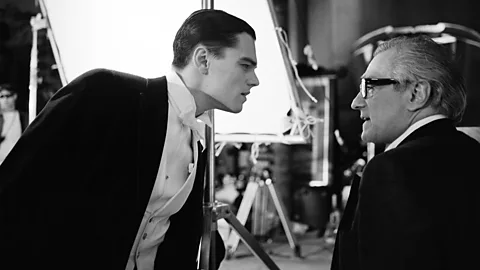 Apple TV+
Apple TV+It’s also easy to forget how controversial some of his films were, often because of their violence, notably Taxi Driver and its rampaging anti-hero Travis Bickle. Scorsese says that when he read Schrader’s screenplay it was “almost as if I had written it myself”. Miller asks, “What of you, in that moment, do you feel is in that film most?” He pauses and answers carefully, making it clear that he does not act like or condone Travis Bickle, then says, “The anger, the loneliness, no way of really connecting with people” – the sense of being an outsider that he again links to a working-class background that made him an odd fit in New York University film school and in Hollywood. “Violence is scary in yourself. Are you capable of it?” he reflects, adding that violence on screen is a positive thing “if it’s truthful violence”. Taxi Driver exploded into the headlines again in 1981 when John Hinckley, obsessed with Jodie Foster as a child prostitute in the film, shot Ronald Reagan. The Academy Awards were postponed by a day after the shooting, and Rossellini recalls that Scorsese wore a bullet-proof vest to the Oscars.
The documentary doesn’t dwell on Scorsese’s private life. He admits that work made him a distant father to the older two of his three children from different marriages, all of whom are interviewed here and are on good terms with him. But he was there for Francesca, his youngest child, who has recently made him a TikTok star with videos like Dad Guesses Slang.
More like this:
• 11 of the best TV shows to watch this October
• The overlooked ‘goddess’ of Italian cinema
• The making of one of film’s greatest shots
And when Scorsese is circumspect, Miller deftly adds more information. He says he had panic attacks while making Gangs of New York because, among other vague reasons, “people are sick”. Miller inserts a photo of his wife, Helen, to whom he has been married for 26 years. As Francesca later explains, her mother was diagnosed with Parkinson’s even before that. A brief glimpse of the three of them at home is as personal as the documentary gets about his life today.

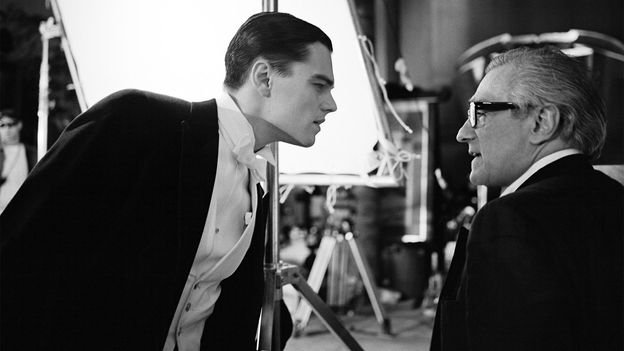


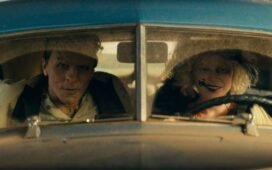
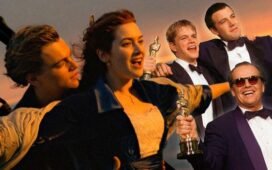
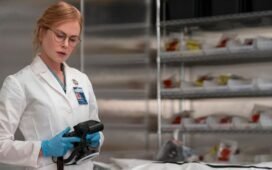
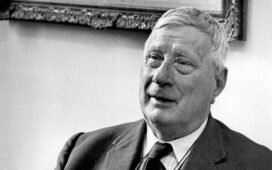
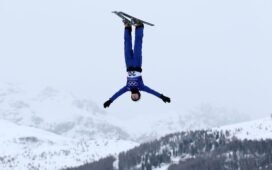
Recent Comments